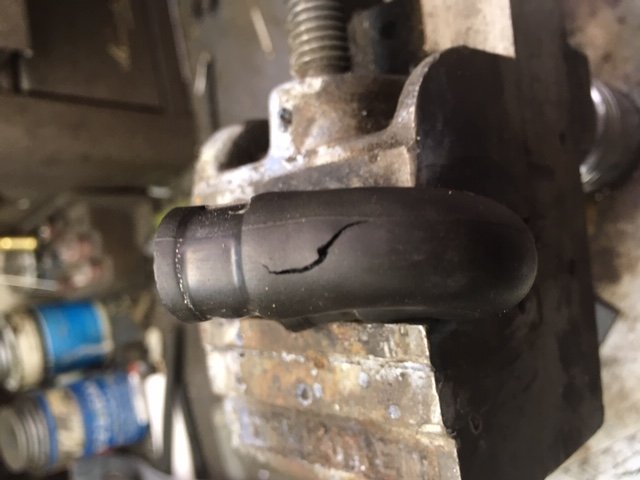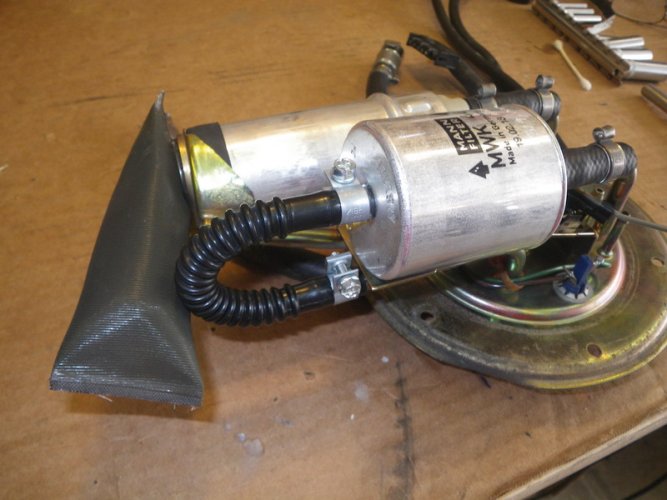My RT left me stranded a few nights ago. The motor suddenly just died while I was riding. I managed to coast into a store parking lot and got the bike towed home.
When I got it home and started testing things out I noticed the fuel pump was not running when I switched on the ignition. I found the fuel pump fuse was blown; replaced that and now the pump runs and the bike starts and runs fine. But listening to the the pump run for that one second at key on, it sounds like it's straining: not a nice smooth hum like it's always done before.
Given that sound and the fact that the fuse blew I'm suspecting the pump is going bad. Does that sound like a correct diagnosis? I have a fuel pump kit on order from Beemer Boneyard.
Thanks for any and all advice!
When I got it home and started testing things out I noticed the fuel pump was not running when I switched on the ignition. I found the fuel pump fuse was blown; replaced that and now the pump runs and the bike starts and runs fine. But listening to the the pump run for that one second at key on, it sounds like it's straining: not a nice smooth hum like it's always done before.
Given that sound and the fact that the fuse blew I'm suspecting the pump is going bad. Does that sound like a correct diagnosis? I have a fuel pump kit on order from Beemer Boneyard.
Thanks for any and all advice!





